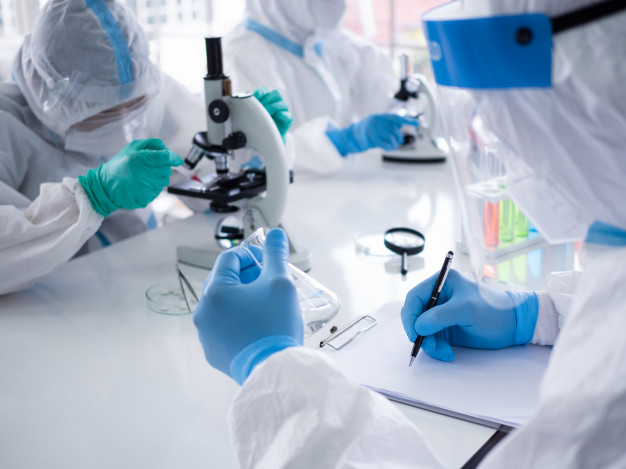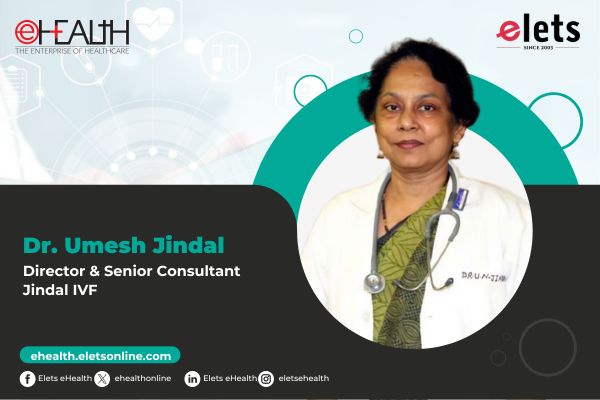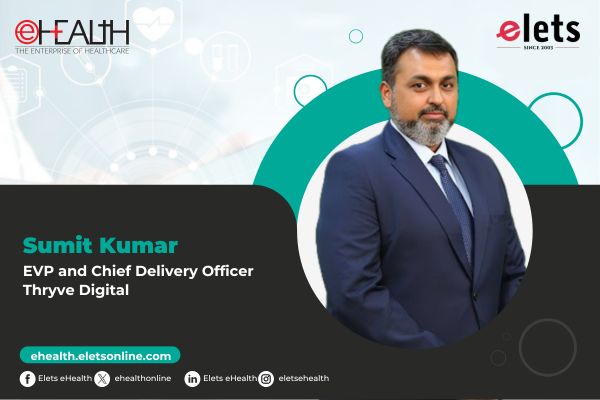
Dr Latika Sharma, Consultant Microbiologist and Infection Control Officer, Dept of Laboratory Medicine, Sakra World Hospital, gives insight about the SARS-CoV-2 infection and how each category of diagnostic test and microbiologists plays a significant role in the fight against this virus
The clinical laboratory professionals can provide essential contributions to diagnostic reasoning and managed care of patients with suspected or confirmed SARS-CoV-2 infection in three major areas such as etiological diagnosis, patient monitoring, as well as epidemiologic surveillance.

There are many ways by which disease can be diagnosed, each category of diagnostic test has its own unique role in the fight against this virus. PCR tests can be incredibly accurate and are the gold standard method for diagnosis but running the tests and analyzing the results can take time.

Also read: Covid-19: Over 45,000 cases in single day takes tally past 12-lakh

The sample for this test is collected from the back of the nose and the throat using a swab. The test may be positive as soon as one day after infection and peaks within seven days of infection. Positivity rapidly declines by three weeks, however, in some patients, positivity might persist longer with mild illness. Although RT PCR is the gold standard for diagnosis, its widespread use is limited as it is a very complex procedure, therefore can be carried out only by experienced technicians in qualified laboratories. Sometimes, there may be false negative reports due to improper collection or if the viral load is very low. False positive results also are possible due to environmental contamination or technical error although these are very rare.

There are other low-complexity, rapid (results within an hour) molecular diagnostic tests include cartridge-based assays on platforms that include True Nat and CBNAAT systems but testing throughput is a limiting factor in the widespread use of these platforms.
Serological testing by detection of antibodies against SARS COV 2 are widely available for screening purposes only, these are not useful for diagnosis of COVID 19. Antibodies most commonly become detectable 1-3 weeks after symptom onset, at which time evidence suggests that infectiousness likely is greatly decreased and that some degree of immunity from future infection has developed. However further research is required before any policy decisions can be taken.
Recently ICMR has approved an antigen test, which is a new type of diagnostic test designed for rapid detection of the virus that causes COVID-19. One of the main advantages of an antigen test is the speed of the test, which can provide results in minutes. However, antigen tests may not detect all active infections, as they do not work the same way as a PCR test. Antigen tests are very specific for the virus but are not as sensitive as molecular PCR tests. This means that positive results from antigen tests are highly accurate, but there is a higher chance of false negatives, so negative results do not rule out infection. With this in mind, negative results from an antigen test may need to be confirmed with a PCR test before making treatment decisions or to prevent the possible spread of the virus due to a false negative.
Antigen tests are also important in the overall response against COVID-19 as they can generally be produced at a lower cost than PCR tests and once multiple manufacturers enter the market, can potentially scale to test lakhs of Indians per day due to their simpler design, helping our country better identify infection rates closer to real time.
The clinical laboratories play a major role in this global fight against the pandemic right from rapid diagnosis of viral infection, serological monitoring of the affected populations, to monitoring of hospitalized patients with more severe COVID-19-induced complications. Many laboratory specialists, technologists, and trainees have selflessly and tirelessly stood on the front lines of the battle against COVID-19. Laboratory medicine plays a key role in delivery of healthcare by providing objective data to clinicians and other healthcare workers to guide appropriate clinical decision-making.
Be a part of Elets Collaborative Initiatives. Join Us for Upcoming Events and explore business opportunities. Like us on Facebook , connect with us on LinkedIn and follow us on Twitter , Instagram.
"Exciting news! Elets technomedia is now on WhatsApp Channels Subscribe today by clicking the link and stay updated with the latest insights!" Click here!
















